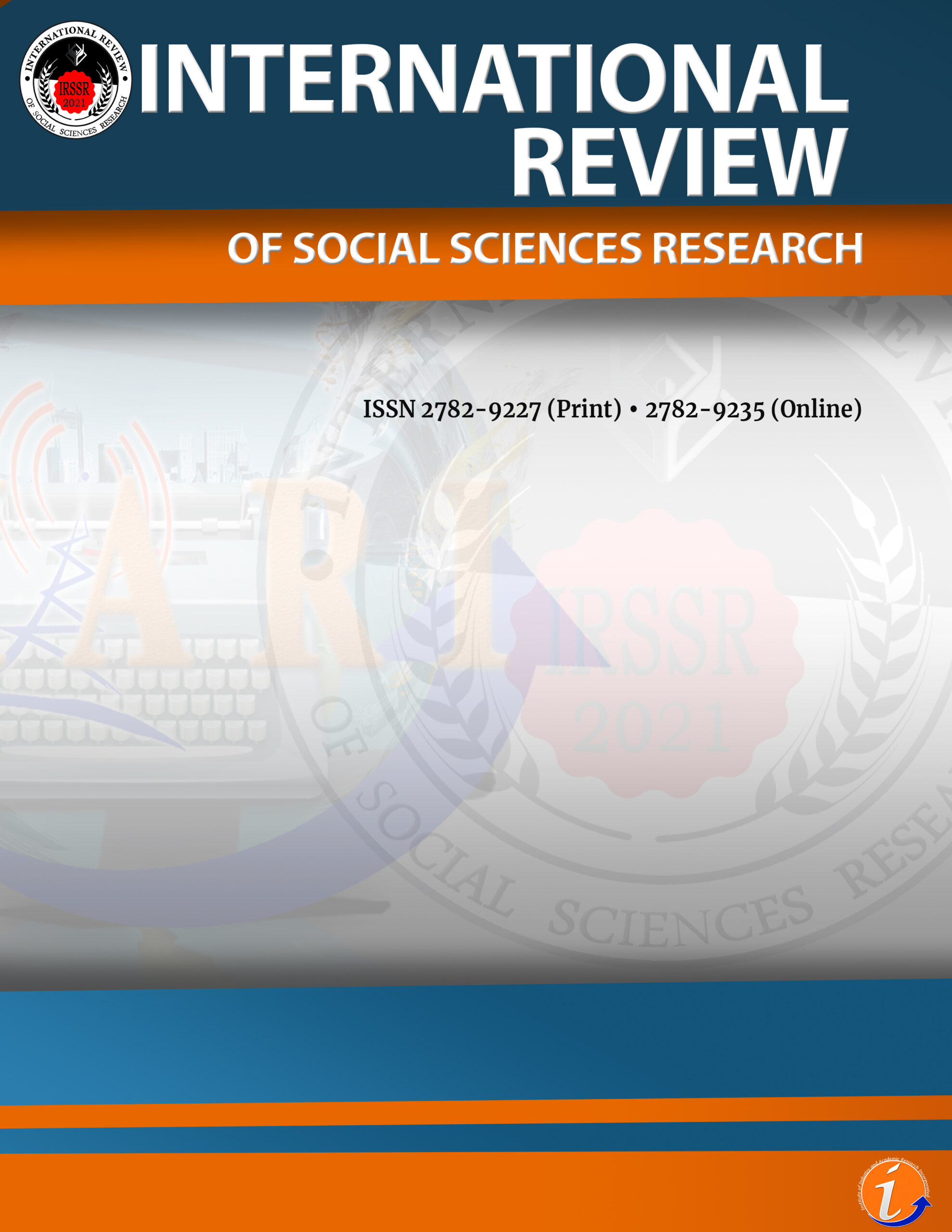Gender disaggregated data captures the real need, contribution and benefits of the agency’s clienteles. It improves project effectiveness and sustainability. Hence, the study explored to determine the gender disaggregated data of Dr. Emilio B. Espinosa Sr. Memorial State College of Agriculture and Technology (DEBESMSCAT) graduate students. A quantitative research method was used and the respondents were the graduate students enrolled in academic year 2017-2018. A structured survey questionnaire adapted from the Commission on Audit was also employed. Gender roles along economic empowerment, social development rights and protection, access to security, justice and peace, environmental climate change and gender responsive governance were assessed to come up with a Gender and Development (GAD) agenda for graduate students and inputs to GAD Plan and Budget client-focused activities, also GAD policies were formulated to ensure the quality of service to the clienteles.
gender disaggregated data, gender roles, GAD policies and agenda
Elreen Aguilar-Delavin. Elementary School Grade Teacher I, San Andres Central Elementary School. Graduate School, Dr. Emilio B. Espinosa Sr. Memorial State College of Agriculture and Technology
Agbaje, O. S., Arua, C. K., Umeifekwem, J. E., Umoke, P. C. I., Igbokwe, C. C., Iwuagwu, T. E., Iweama, C. N., Ozoemena, E. L., & Obande-Ogbuinya, E. N. (2021). Workplace gender-based violence and associated factors among university women in Enugu, South-East Nigeria: an institutional-based cross-sectional study. BMC Women’s Health, 21(1), 1–20. https://doi.org/10.1186/s12905-021-01273-w
Agricultural Science and Technology Indicators [ASTI] (2010). ASTI Data in Focus – Kenya, August 2010.
Agricultural Science and Technology Indicators [ASTI] (2008). Women’s participation in agricultural research and higher education. Kenya Factsheet, 2008.
Angelita C. Tan Ethelmay R. Romero, M. A. J. T., Abulencia, Michelle Carmela A. Asia, Romerico A. Alvarez, M. T. M., & Hidalgo, J. L. S. (2020). Awareness on Gender and Development (GAD) of Local Government Officials. Journal of Business and Management Studies. 273, 64/69.
Batool, H., Anwar, M., & Asghar, N. (2021). Women Empowerment in the Perspective of Socioeconomics Dynamics: A Case Study of Northern Punjab, Pakistan. İlköğretim Online- Elementary Education Online, 20(5), 4852–4863. 10.17051/ilkonline.2020.04.764890
Beintema, N. & F. Di Marcantonio (2008). Women’s Participation in Agricultural Research and Higher Education.
Creighton, C., Yieke, F. (2006). Gender inequalities in Kenya. UNESCO, 2006. Evaluation of Adoption of Agricultural Technologies in the KAPP Phase I Project Areas, Kenya Agricultural Productivity Project, November 2009.
Esteban -Pulmano, R. (2016). Implementation of the Gender and Development Program of State Universities and Colleges in Region III: An Evaluation. International Journal of Education and Research, 4(5), 165–170.
FAO (2007). Gender mainstreaming in forestry in Africa (Kenya). Rome: FAO. FAO 2003. Gender-Disaggregated Data for Agriculture and Rural Development: Guide for facilitators
Gender and Water Alliance (GWA) (2003). The Gender and Water Development Report, 2003. IFPRI and KARI, 2010. Agricultural Science Technology Indicators data in focus, Kenya
Kenya Fact Sheet (2008). International Food Policy Research Institute. Centre for Governance and Development (CGD). Available at: http://www.asti.cgiar.org/pdf/kenya_cb8.pdf.
Khare, J. (2020). Women empowerment: Boaster of Economic Development A study of working women in higher education. International Journal of Scientific and Research Publications, Volume 7, Issue 4.
United Nations. (2011). General Assembly Resolution 48/104 of 20 December 1993, Article 1. December, 1–4. http://www.un.org/
Weißenfels, M., Klopp, E., & Perels, F. (2022). Changes in Teacher Burnout and Self-Efficacy During the COVID-19 Pandemic: Interrelations and e-Learning Variables Related to Change. Frontiers in Education, 6(January), 1–9. https://doi.org/10.3389/feduc.2021.736992
Socio-Economic and Gender Analysis Programme (SEAGA). FAO, 1999. Filling the data gap: gender-sensitive statistics for agricultural development. Rome 1999.
Cite this article:
Aguilar-Delavin, E. (2022). Gender disaggregated data of graduate students in Masbate, Philippines: An exploration to their gender roles. International Review of Social Sciences Research, 2(3), 76-87. https://doi.org/10.53378/352918
License:
![]()
This work is licensed under a Creative Commons Attribution (CC BY 4.0) International License.










